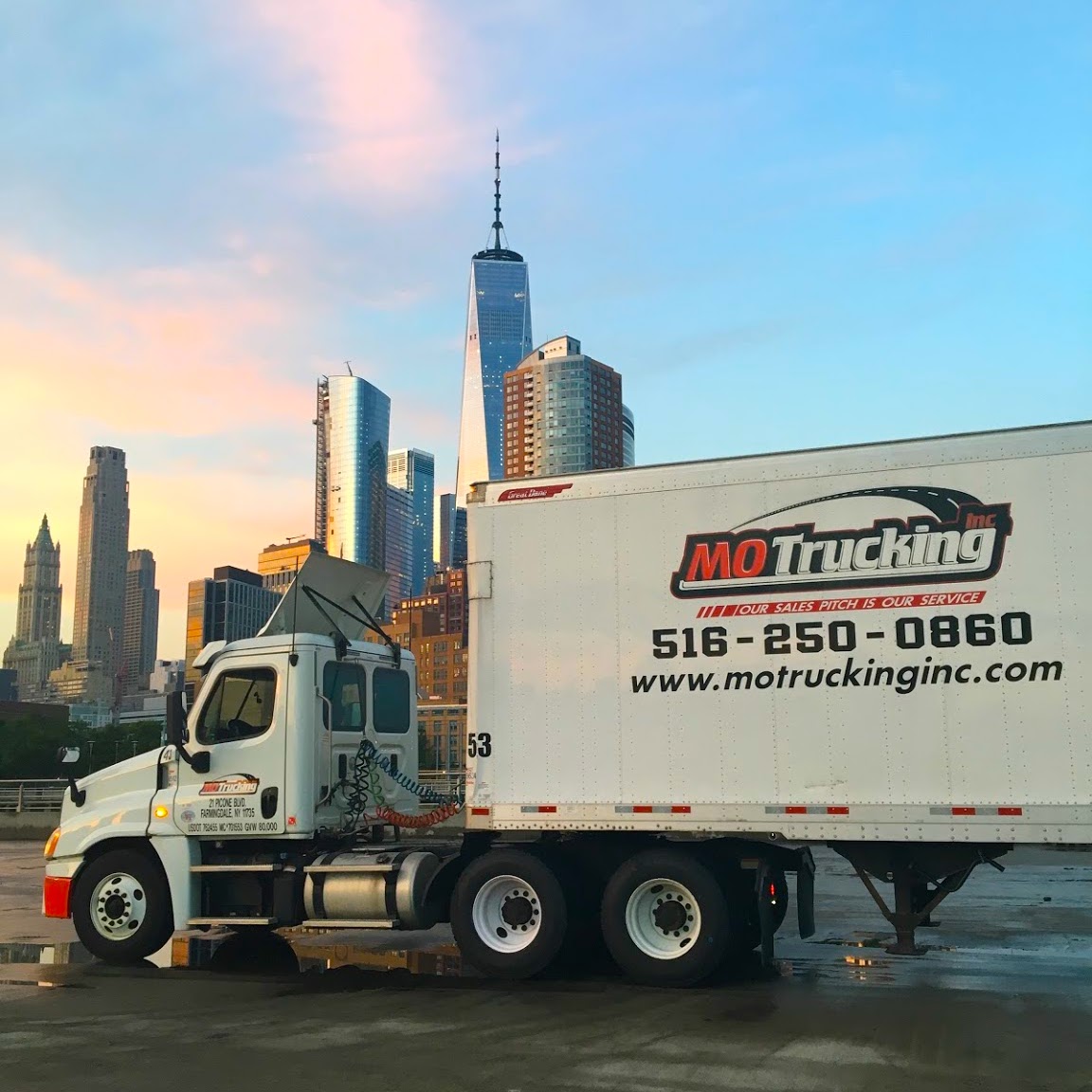Intermodal Freight: Understanding the Benefits and Challenges of Shipping by Rail
Intermodal freight shipping is a cost-effective and efficient way for companies to transport goods across the United States. It involves the use of multiple modes of transportation, such as rail and truck, to move cargo from origin to destination. In this blog post, we will discuss the benefits and challenges of intermodal freight, as well as how to get an accurate intermodal freight quote.
One of the main benefits of intermodal freight is cost savings. Shipping by rail is typically less expensive than shipping by truck alone, especially for long distances. This is because rail transport is more fuel-efficient and can carry larger volumes of cargo at once. Additionally, rail shipping can also reduce transit times and improve delivery reliability.
Another benefit of intermodal freight is the reduced environmental impact. Shipping by rail is a more sustainable option than shipping by truck alone, as it produces lower emissions per ton-mile of cargo. This is particularly important for companies that are looking to reduce their carbon footprint and meet sustainability goals.
However, there are also challenges to intermodal freight. One of the main challenges is the need for coordination between different modes of transport. This can add complexity to the shipping process and may require the services of a full truckload freight broker or intermodal freight provider. Additionally, there may be limitations on the types of cargo that can be shipped by rail, such as oversized or perishable items.
To get an accurate intermodal freight quote, it’s important to understand the factors that affect the cost of shipping. These include the distance of the shipment, the weight and volume of the cargo, and any special handling or equipment requirements. Additionally, the type of intermodal service required, such as a Full Load or Partial Load, will also affect the cost.
When comparing intermodal freight quotes, it’s important to consider the level of service and expertise offered by the provider. Some intermodal providers may specialize in certain types of cargo, such as hazardous materials, or have more experience with certain shipping lanes. It’s also important to consider the reputation and reliability of the provider, as well as their ability to handle any issues that may arise during transit.
Intermodal freight can be a cost-effective and sustainable option for shipping goods across the United States. However, it’s important to understand the benefits and challenges of intermodal freight, and to work with a reputable and experienced provider to get an accurate intermodal freight quote.
When it comes to choosing the right provider for your shipment, you should also consider the type of service you need, whether it be a Full Load or Partial Load, and whether you want to work with a Full Truckload carrier or a Full Truckload broker.
List of states:
- Alabama: Intermodal Freight Quote
- Alaska: Raul Freight Quote
- Arizona: Intermodal Freight Rate
- Arkansas: Intermodal Full Truckload Quote
- California: Rail Freight Rate
- Colorado: Full Truckload Service
- Connecticut: FTL Trucking Company
- Delaware: Full Truckload Freight Broker
- Florida: Full Load Quote
- Georgia: Full Truckload Quote
- Hawaii: Full Truckload Freight Shipping Quote
- Idaho: Full Truckload Freight Shipping Rate
- Illinois: Partial Load Quote
- Indiana: Partial Load Rate
- Iowa: Partial Truckload Carrier
- Kansas: Partial Truckload Shipping Rate
- Kentucky: Full Truckload carrier vs Full Truckload broker
- Louisiana: Intermodal Freight Shipping Services
- Maine: Freight Rail Transportation




